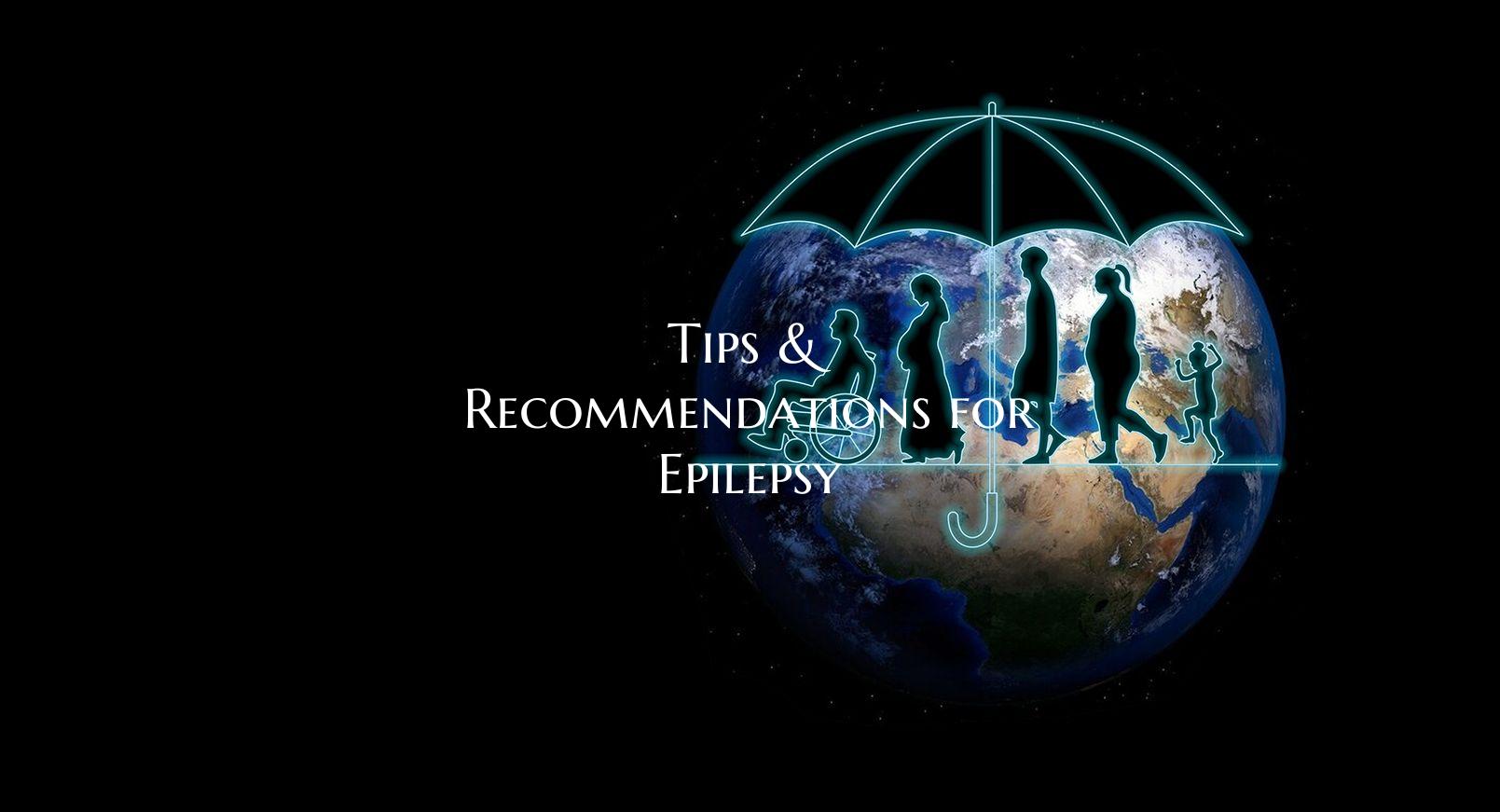
Tips & Recommendations for Epilepsy
1. Consult with a healthcare professional: If you suspect you have epilepsy or have been diagnosed with the condition, it is crucial to seek advice from a healthcare provider. They can provide you with a proper diagnosis, treatment plan, and guidance on how to manage your condition effectively.
2. Take medication as prescribed: One of the key ways to control epilepsy is by taking medication as prescribed by your doctor. It is important not to skip doses or stop taking medication without consulting your healthcare provider, as this can lead to seizures.
3. Maintain a healthy lifestyle: Engaging in regular exercise, maintaining a balanced diet, and getting enough sleep can all contribute to overall well-being and may help in managing epilepsy symptoms. Avoiding alcohol and drugs is also important as they can interfere with medication and trigger seizures.
4. Keep a seizure diary: Keeping track of your seizures, including triggers, frequency, and any notable patterns, can help you and your healthcare provider better understand your condition. This information can also aid in adjusting your treatment plan if needed.
5. Create a safe environment: Take precautions to create a safe home environment by removing sharp objects or potential hazards that could pose a risk during a seizure. Consider wearing a medical alert bracelet or necklace to inform others about your condition in case of emergency.
6. Manage stress: Stress can be a trigger for seizures in some individuals with epilepsy. Finding healthy ways to manage stress, such as through relaxation techniques, meditation, or therapy, can help reduce seizure frequency.
7. Inform caregivers and loved ones: Make sure that those around you are aware of your condition and know how to respond in case of a seizure. Educating friends, family, and caregivers about epilepsy can help create a supportive and safe environment for you.
Remember, epilepsy management is unique to each individual, and it is essential to work closely with your healthcare team to develop a plan that suits your specific needs and lifestyle. By following these tips and recommendations, you can better navigate living with epilepsy and improve your quality of life.